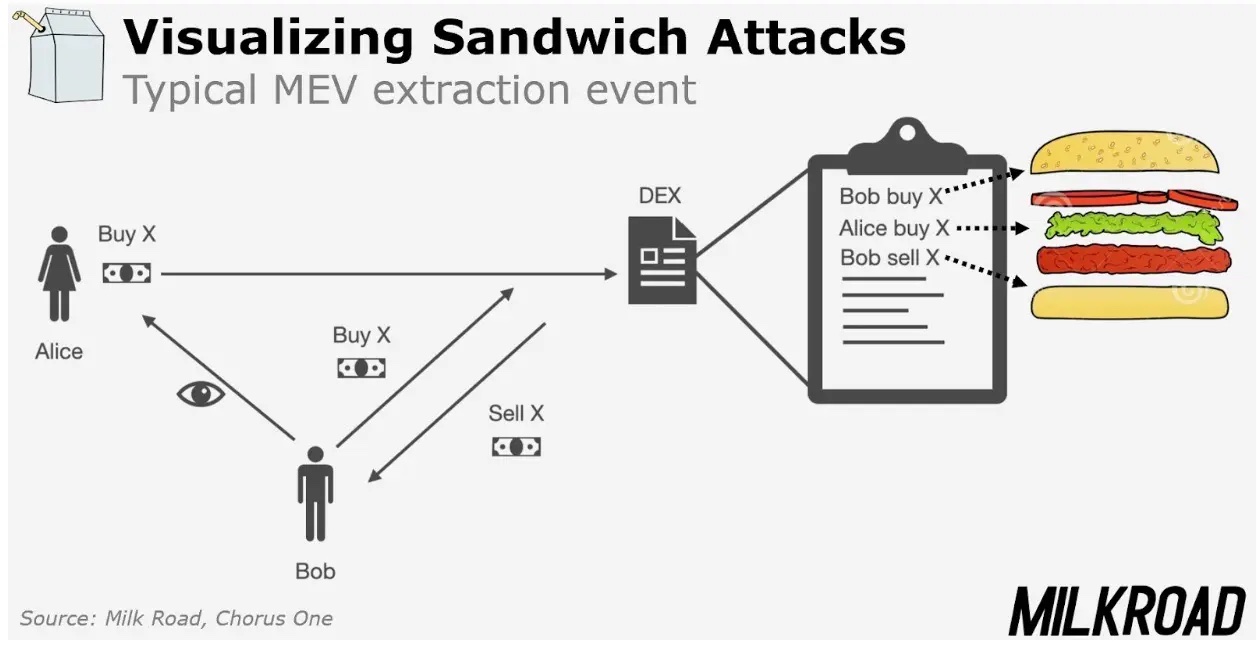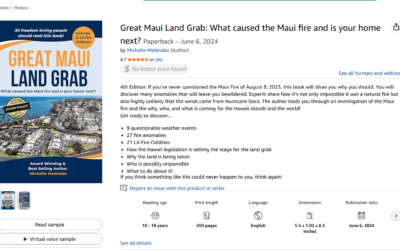Everyone should have an MEV bot that generates $30,000 a month!
Anyway, many believe it requires years to create one.
I spent just 6 weeks developing a bot that earns around $900 daily…
Here’s how to set it up in just 10 minutes and start profiting today! ?
➥A well-optimized MEV bot on Solana can result in remarkable success during this market cycle.
➥Achieving millions in monthly earnings is attainable for MEV bots fueled by #ChatGPT.
➥Act swiftly to develop your own AI MEV bot before market conditions change!
• Arbitrage opportunities;
• Significant trades that influence prices;
• Lack of liquidity, and much more.
➥The bot scrutinizes the mempool to spot profit opportunities by front-running other transactions.
➥The main types of MEV strategies are Arbitrage and Sandwich.
➥Their objective is to identify transactions that generate price discrepancies between two exchanges.
➥The token is purchased at a lower price on one platform and sold at a higher price on another.
➥For instance, a $1M transaction to buy a low-cap meme coin shows up in the mempool.
➥A Sandwich MEV bot detects the transaction, buys the token, and sells it after the whale’s $1M purchase.
➥Earnings usually hinge on market activity, volatility, and the bot’s configuration.
➥Secure a fully passive income before these bots become widely available!
➥First, ask #ChatGPT to generate a script that examines the blockchain’s mempool.
➥This is the cornerstone of your MEV bot, so take your time to perfect it!
Please write a script in rust for the solana mempool which will find all possible transactions.
ChatGPT said:
➥Go to @ChatGPTapp
and ask for a script to examine this mempool.
➥This section is essential for spotting early-stage tokens.
Please write a script in rust for the solana mempool with all possible transactions which execute a detailed analysis
➥Its key function is to track token prices across various DEX/CEX platforms.
➥Be sure to add a script that evaluates token liquidity and trading volumes!
make a script for an arbitrage bot which will analyse the prices of sol memcoins and show prices.
➥The bot should initiate a transaction ahead of time after assessing the whale’s purchase.
#ChatGPT can handle this task efficiently.
make a script for the solana blockchain which will send transactions for huge buyers based on transactions of the solana ChatGPT said: ChatGPT
➥Compile all sections of the code into one request and ask to merge them into a working script.
➥Ultimately, you’ll have a fully functional MEV bot!
Find Arbitrage Opportunities
Qurey:
//find arbitrage opportunities
let opportunities = find_arbitrage_opportunities(price);
//Print Results
for opportunities in opportunities {
printint{
“Arbitrage Opportunity: Token{}, Buy Price{}, Sell Price{}, Profit Margin: {“:2}%”,
opportunity token, opportunity buy_price.
opportunity sell.price, opportunity profit margin
}:
}
OK({})
}
// Fetch price from DEX 1 (Raydium or Orca)
async fn fetch price
➥This will allow you to identify any potential code errors early on.
➥If an issue arises during testing, @ChatGPTapp can swiftly fix it!
Be sure to check out these individuals who frequently share exciting projects:
@0xJok9r
@belizardd
@wist_defi
@0xAndrewMoh
@CryptoShiro_
@DeRonin_
@CryptoGideon_
@kem1ks
@AlphaFrog13
@arndxt_xo
@0xSpartacus__
@KingWilliamDefi
@dealerdefi
@cryppinfluence
@KashKysh
@0x99Gohan
@CryptoStreamHub
@the_smart_ape
@lenioneall











0 Comments